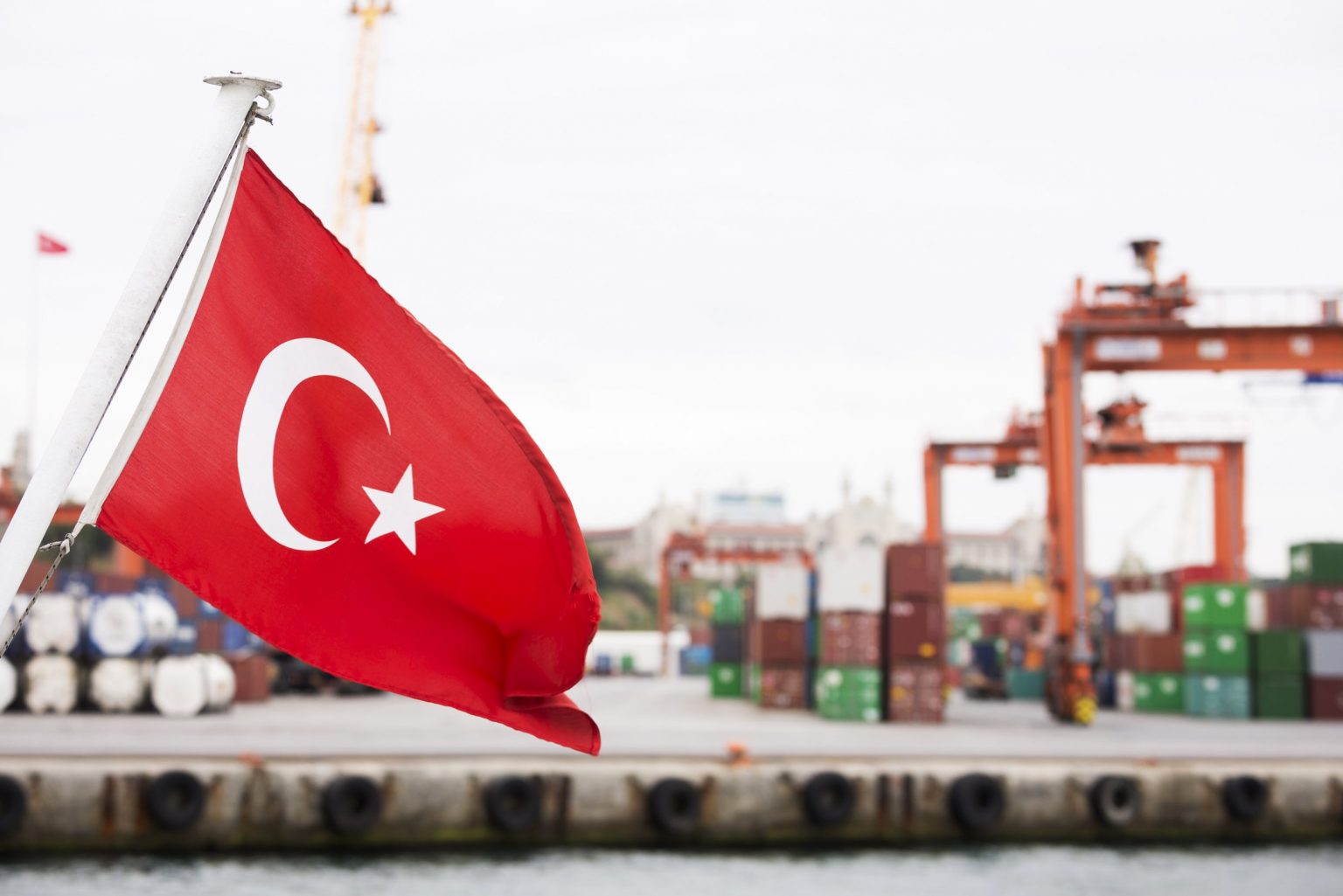Ankara, (Business News Report)|| The Turkish economy is suffering from the consequences of the Russian-Ukrainian war and the rise in fuel prices, which led to the decline of the Turkish lira.
Turkish economist Muslim Uysal acknowledged these increases, and even more than that, saying that “the effects of high oil prices will be dangerous for the Turkish economy.”
Uysal said that Turkey imports more than 95% of its oil and gas consumption from abroad, and that Russia, in particular, has a great weight and impact on his country’s imports.
Russia is at the forefront of exporters to Turkey, and as the war and rise in prices continue, the negative effects on the Turkish economy will increase.
The Turkish economist cites his country’s support for raising the prices of gas and oil derivatives in parallel with the continuation of the war and the rise in global prices.
The price of gasoline rose a few days ago by about 1.6 pounds to reach 18.77 pounds, while in October of last year it did not exceed 8.30 pounds, before rising to about 14 pounds through successive hikes.
The effect of the global price and the war continues until we reached today’s highest price. The price hikes also affected diesel, which jumped last week by about 1.50 pounds per liter, followed by a recent hike, a few days ago, by about 84 piasters, bringing the price to 19.85 pounds.
According to Uysal, household gas was not spared from raising prices, although the latest increase, last week, excluded domestic and industrial gas and was limited to automobile gas and electricity generation facilities, which was reflected in electricity prices, which also doubled.
He believes that raising the prices of fuel and electricity is directly reflected in the prices of goods and products, which is the biggest danger for Turkey, which suffers from high price inflation at the highest rate in 20 years. The government had hoped to reduce inflation to the single digits in 2023.
Inflation in Turkey in February reached the highest rate in two decades on an annual basis, according to official statistics agency data, after consumer prices rose by 4.8% during the month to record 54.4% over a year, with the continued rise in prices driven by global reasons from raising energy and food prices.
Reducing interest rates is an additional factor for increasing the inflation rate in Turkey. After reducing interest rates four times in a row last year, from 19 to 14%, the lira, which entered 2020 at 7.4 liras against the dollar, lost about 50% of its value.
Price inflation in Turkey contradicts the expectations and hopes of officials, as Finance Minister Noureddine Nabati expected the rate to reach its peak at about 40% in the coming months, and not to exceed 50% in 2022.























































